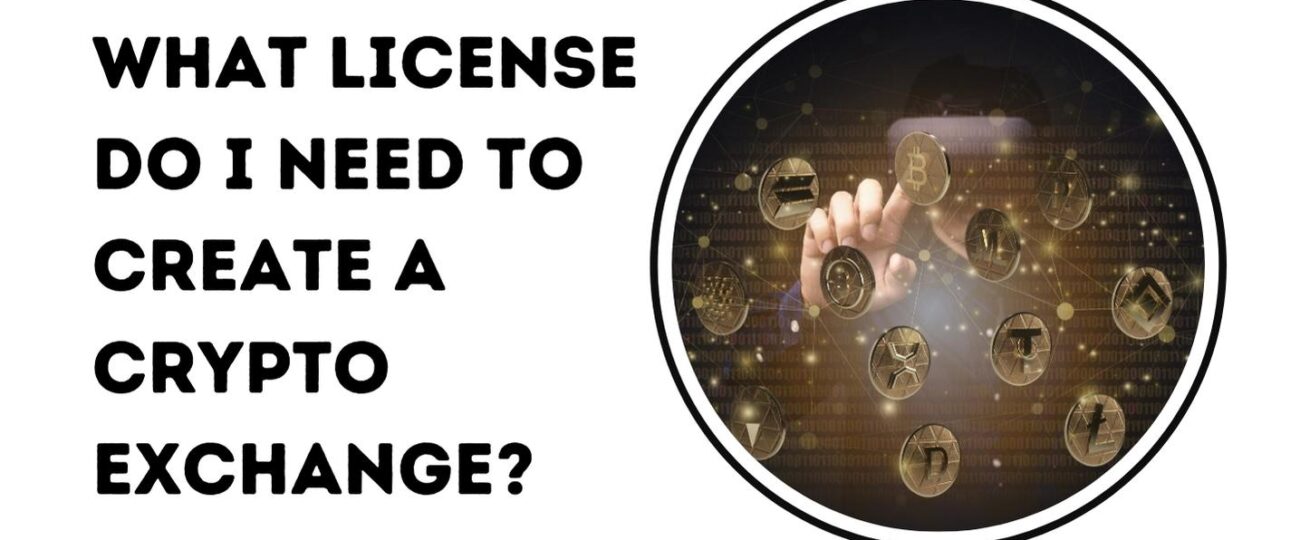Starting a crypto exchange is an exciting venture, but one of the first hurdles you’ll encounter is navigating the regulatory landscape. Licensing is a critical aspect, and understanding what type of license you need is essential for staying compliant and ensuring the long-term success of your exchange.
Why Do You Need a License for a Crypto Exchange?
Cryptocurrency exchanges are subject to regulations because they deal with financial transactions and customer assets. Just like traditional financial institutions, crypto exchanges must comply with anti-money laundering (AML) and know-your-customer (KYC) regulations to prevent fraud, money laundering, and illicit activities.
Failure to secure the proper licenses can result in heavy fines, legal action, or even the shutdown of your exchange. It’s crucial to understand the regulatory requirements in the jurisdictions where you plan to operate.
Choosing the Right Jurisdiction and license
The licensing requirements vary greatly depending on where your exchange is based. Some countries are more crypto-friendly and have simplified licensing processes, while others have stricter regulations.
1. Estonia
Estonia offers a straightforward process for obtaining a VASP license, though regulations have tightened in recent years.
2. Malta
Known as “Blockchain Island,” Malta has embraced crypto businesses and offers a supportive environment for exchanges. The Malta Financial Services Authority (MFSA) regulates crypto activities, requiring licenses for exchanges under the Virtual Financial Assets (VFA) framework.
3. Singapore
Singapore is another crypto-friendly hub, with a clear licensing process through the Monetary Authority of Singapore (MAS). The country offers a Payment Services Act (PSA) license.
4. USA
In the United States each state has its own rules, and federal regulations through agencies like the SEC and FinCEN make the licensing process complex and expensive.
License as a Service: A Simplified Approach
Navigating these licensing requirements can be overwhelming and time-consuming. Not only does it involve substantial legal and compliance work, but it also requires ongoing efforts to maintain compliance with regulatory changes.
White-Label Crypto Exchange with Built-in Licensing
LabelRails offers a white-label crypto exchange and crypto banking as a services API solution that simplifies the process. With this platform, you don’t need to obtain a license yourself—they provide a License as a Service, taking care of the regulatory compliance so you can focus on building and scaling your business.
See Also: How to Do Crypto Marketing: 4 Amazing Tools from Memer Studio










